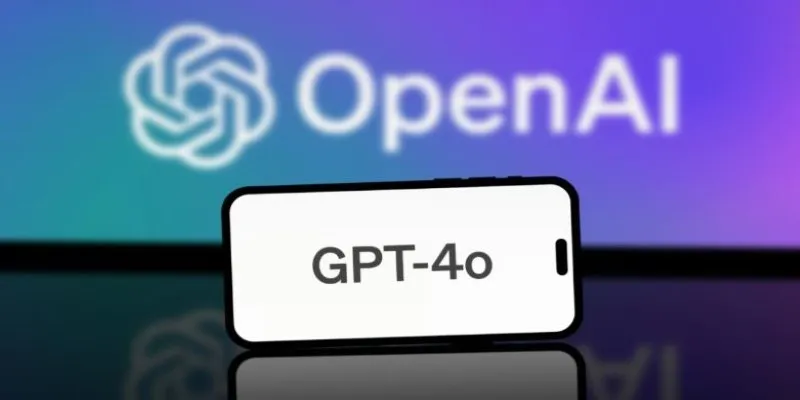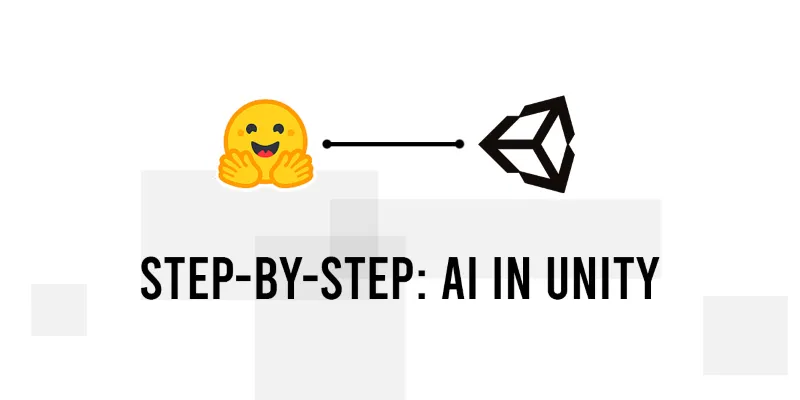Artificial intelligence is transforming how fans, analysts, and even teams themselves view football. This year, an advanced AI model analyzed data from across the NFL season and projected the Philadelphia Eagles as the Super Bowl winner. It’s not just a random guess or a fan poll dressed up as science.
The AI prediction is derived from thousands of simulations and data points, offering a different perspective on a game full of unpredictability. Understanding how this prediction was made and why the Eagles emerged as the favorite shows how data-driven analysis is influencing sports conversations today.
How Does AI Evaluate Teams for Super Bowl Predictions?
AI doesn’t watch games the way fans do. Instead, it consumes massive streams of numbers—yards per play, quarterback ratings, defensive stops, third-down conversions, time of possession, and much more. For this prediction, the model examined individual player stats, team chemistry metrics, recent game footage broken down by play type, and injury histories for key starters. It also considered situational data, such as how teams performed in bad weather, in clutch moments, and in hostile environments.
After compiling this mountain of information, the AI ran over 10,000 simulated matchups between all playoff teams under different conditions. These virtual games accounted for realistic elements like fatigue after consecutive hard games, travel schedules, and tendencies of head coaches under pressure. This approach helps eliminate bias and emotional factors, focusing on consistent performance indicators. Philadelphia consistently came out ahead in simulations, earning higher win probabilities against all projected opponents. That’s not to say they’re unbeatable—but according to the numbers, they’re more prepared than their competition.
Why Are the Philadelphia Eagles the AI’s Pick?
The Eagles’ projection wasn’t based solely on talent, but on how well their strengths aligned with the patterns that predict success. Their offensive unit showed great balance, mixing strong passing plays with an effective running game. The quarterback’s accuracy and decision-making stood out in the data, especially on third downs and inside the red zone. These high-leverage situations are often where games are won or lost, and Philadelphia performed better than most teams under those circumstances, showcasing composure under pressure and consistent execution.

Defensively, they excelled at limiting big plays and forcing turnovers, two key predictors of winning in postseason games. They showed strong pressure rates from the defensive line while maintaining good coverage downfield—something other contenders struggled to do consistently throughout the season. The AI also measured team depth, which reduces the impact of injuries and maintains steady performance. The Eagles had reliable backups who performed well when called upon, adding resilience and maintaining momentum. Another factor was how quickly they adapted mid-game; data showed they scored more points in the second half than the first, reflecting strong halftime adjustments and tactical flexibility. This adaptability, combined with a disciplined, low-turnover approach, gave them the statistical edge in simulation after simulation.
How Accurate Are AI Predictions in Sports?
AI predictions are not magic—they rely on advanced statistical models. Sports always involve some randomness, from unexpected turnovers to a player getting injured mid-game. Still, AI performs better than traditional methods, such as expert panels or prediction markets, when it comes to accuracy over large datasets. Well-trained models have correctly predicted outcomes about 70% of the time for regular-season games and around 60% for playoff games, where matchups are closer and pressure is higher. These results show the advantage of objective analysis over emotional bias or guesswork.
For a single event like the Super Bowl, the margin of error is larger, but the model still provides a better foundation than intuition. Past Super Bowls have often swung on surprising plays that nobody could predict; yet, when you analyze trends, the team with better fundamentals and deeper consistency usually has the advantage. AI gives fans a clearer, more grounded look at what those advantages actually are, helping frame realistic expectations. In this case, it points to the Eagles as the team most likely to execute their game plan effectively under pressure.
The Growing Role of AI in Football Strategy
Artificial intelligence isn’t just predicting outcomes—it’s actively shaping how teams compete. NFL franchises now utilize AI tools to analyze game film, design more effective plays, and scout new talent. Some teams run predictive injury models that adjust practice intensity based on player fatigue and recovery patterns. On game day, analytics departments feed coaches real-time insights about opponent tendencies, helping with play-calling and clock management in critical moments.

For players, AI-driven wearable technology is used to monitor biomechanics, enhancing training efficiency and reducing the strain that can lead to injury over time. Even the fan experience is changing, with broadcasters using AI to show probability charts during live games and highlight key matchups on the field more clearly. In this broader context, the Philadelphia Eagles’ AI-predicted victory is just one example of how far sports data analysis has come. The prediction not only reflects the team’s current strengths but also demonstrates how these new tools are shaping the way fans and teams alike approach strategy and performance improvement.
Conclusion
The AI prediction naming the Philadelphia Eagles as the next Super Bowl champion brings a modern, data-focused lens to a timeless sport. By simulating thousands of games and analyzing everything from player depth to game situations, AI offers a perspective grounded in evidence rather than sentiment. Football is still played by people, not machines, and upsets are always possible. But the numbers tell their own story, showing the Eagles as the most prepared, consistent, and adaptable team heading into the big game. Whether or not the prediction comes true, it marks another step forward in how technology is shaping how we watch, discuss, and understand football strategy and outcomes.
 zfn9
zfn9












